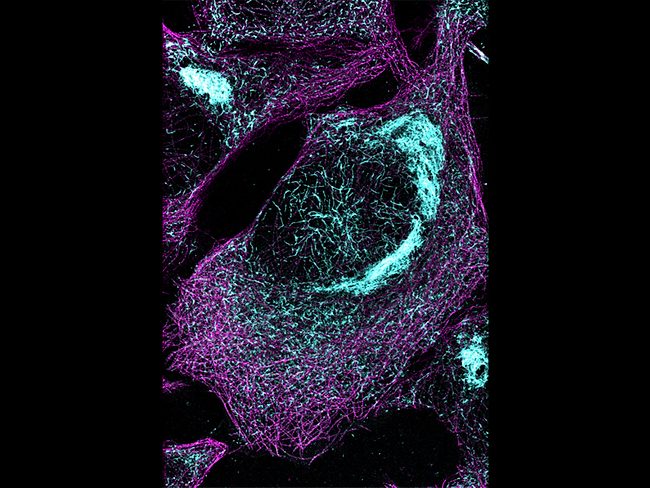
Neurology/psychiatric, BioWorld Science
Neurology/psychiatric
NDC-0524 reverses synucleinopathy progression by targeting nitrated α-synuclein
Read MoreDrug design, drug delivery & technologies
Poly(A) tail mimetics boost gene expression in haploinsufficiency models
Read MoreNeurology/psychiatric
First-in-class peptide successfully rescues several neurodegenerative phenotypes
Read MoreNeurology/psychiatric
ADPD 2025: Novel treatment modalities in neurodegenerative disorders
Read MoreNeurology/psychiatric




